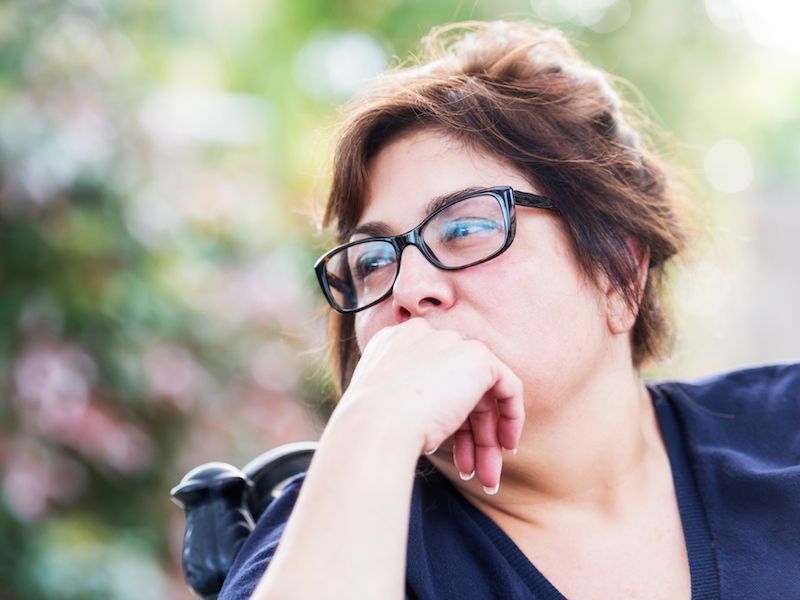
Studies show that people with diabetes are twice as likely to suffer from hearing loss, according to the American Diabetes Association. If you are someone that associates hearing loss with growing old or noise damage, this could surprise you. Almost 500,000 of the1.9 million people diagnosed with diabetes in 2010 were under the age of 44. Evidence shows that 250,000 of those younger people with the disease probably suffer from some form on hearing loss.
A person’s hearing can be damaged by quite a few diseases other than diabetes. Other than the apparent factor of aging, what is the relationship between these illnesses and hearing loss? These conditions that lead to hearing loss should be considered.
Diabetes
What the connection is between diabetes and hearing loss is uncertain but clinical evidence seems to indicate there is one. People who have prediabetes, a condition that indicates they may develop type 2 diabetes, tend to lose their hearing 30 percent faster than those with normal blood sugar levels.
While there are some theories, scientists still don’t know why this happens. It is possible that harm to the blood vessels that feed the inner ear may be caused by high glucose levels. That’s a realistic assumption since diabetes is known to affect circulation.
Meningitis
This infectious disease causes hearing loss. Meningitis by definition is swelling of the membranes that cover the spinal cord and brain, commonly due to infection. Studies show that 30 percent of people will lose their hearing partially or completely if they get this condition. Among young people in America, this infection is the second leading cause of hearing loss.
Meningitis has the potential to damage the fragile nerves which permit the inner ear to send signals to the brain. Without these signals, the brain has no way of interpreting sound.
Cardiovascular Disease
Cardiovascular disease is an umbrella term that relates to conditions that impact the heart or blood vessels. This category contains these common diseases:
- Peripheral artery disease
- High blood pressure
- Heart failure
- Heart attack
- Stroke
- Atherosclerosis
Commonly, cardiovascular diseases have a tendency to be associated with age-related hearing loss. The inner ear is susceptible to damage. Injury to the inner ear leads to hearing loss when there is a change in blood flow and it doesn’t receive the oxygen and nutrients that it needs to thrive.
Chronic Kidney Disease
A 2012 study published in The Laryngoscope found that people with this condition also had an increased risk of hearing loss. A separate study found that chance to be as high as 43 percent. However, this connection could be a coincidence. There are lots of the same risk factors with kidney disease and other conditions associated with high blood pressure.
Another theory is that the toxins that build-up in the blood as a result of kidney failure may be the culprit. These toxins could damage the nerves in the inner ear, closing the connection it has with the brain.
Dementia
The link between hearing loss and dementia is a two-way street. There is some evidence that cognitive deterioration increases a person’s risk of getting conditions like Alzheimer’s disease. Brain shrinkage and atrophy are the causes of dementia. That process is accelerated by hearing loss.
The other side of the coin is true, as well. As damage to the brain increases someone who has dementia will have a decline in their hearing even though their hearing is normal.
Mumps
At an early age the viral infection mumps can cause children to lose their hearing. Hearing loss might affect both ears or only one side. The reason that this happens is that the cochlea of the inner ear is damaged by the virus. Messages are sent to the brain by this portion of the ear. The positive thing is, due to vaccination mumps are fairly rare nowadays. Not everyone who gets the mumps will suffer from hearing loss.
Chronic Ear Infections
For the majority of individuals, the random ear infection is not very risky because treatment clears it up. For some, though, repeated infections take a toll on the tiny components that are needed for hearing like the eardrum or the small bones in the middle ear. This type of hearing loss is called conductive, and it means that sound cannot reach the inner ear with enough force, so no signals are transmitted to the brain. Infections can also lead to a sensorineural hearing loss, which means nerve damage.
Prevention is the key to steering clear of many of the diseases that can cost you your hearing. Throughout your life protecting your hearing will be possible if you exercise regularly, get the right amount of sleep, and have a healthy diet. You should also get regular hearing exams to make sure your ears stay healthy.
